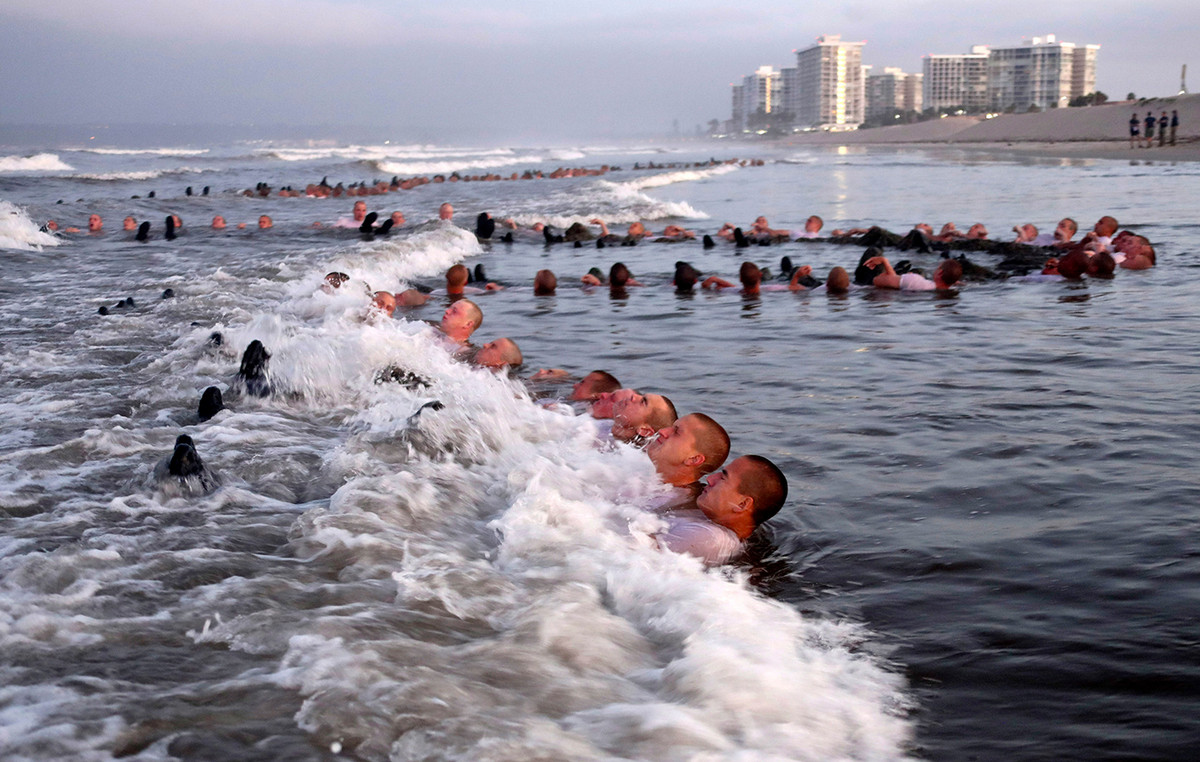Residents of the department of Yoro, in central Honduras, benefit from a strange phenomenon that has surprised both inside and outside the country, although its origin is unknown for sure: the so-called “rain of fish”.
The Regal Springs fishing company has been working with some area residents for two years to collect fish that residents say “fall from the sky” during storms, according to a news release.
According to the company, whenever the phenomenon occurs, a family manages to collect approximately ten kilos of fish.
On average, families receive approximately US$6 for each kilogram of fish.
The company created the “Heaven Fish” brand and guarantees that “more than 60% of the population participates in some way in this activity. Whether as farmers, employees at the distribution center, fish collectors with nets or workers in processing and packaging, everyone involved in the production and distribution of derivative products are considered fishermen from the sky”, according to the statement.
An inexplicable “rain”
“Until you see it, you won’t believe it, anyone who hasn’t seen it will never believe it,” a resident told the local press about the “rain of fish”, which has been recorded in that region of the Latin American country for years.
Residents reported that small silver fish, similar to sardines, fall from the sky at least once a year during the intense rains that hit the region between the last week of May and the first week of June.
The inhabitants of Yoro say they are a blessing, but there are meteorological hypotheses that could explain this phenomenon.
John Knox, a scientist at the University of Georgia, told Smithsonian Magazine in 2015 that while it's not a phenomenon they can yet fully understand, “it looks like a waterspout or a tornado is happening somewhere. Something must happen to a lake that absorbs a quantity of fish or other material that is then dumped elsewhere.”
A CNN was unable to find official studies on the internet about the origins of the phenomenon or its impact on the local population, and the Departments of Agriculture and Natural Resources were consulted on the matter, but there has been no response so far.
The local press in Honduras states that the residents of Yoro attribute the famous “rain of fish” to the intercession of Father Manuel de Jesús Subirana, a Spanish missionary who asked that the people of Yoro not lack food.
Despite different explanations about the origin of the fish, Yoro residents can now collect the fish and sell it.
It is a tangible benefit of this phenomenon for a community where the estimated annual per capita income is just over US$3,000 (R$15,000) per year, according to Yoro's sociodemographic profile published by the National Autonomous University of Honduras in 2022.
Regal Springs Honduras provided its partners with the necessary tools to collect, clean and transport the fish to the centers where it is packaged to be sold with designation of origin.
“Thanks to the production of new products, as well as merchandise, locals will receive financial support of 80% of the sales generated”, indicates a company statement.
Source: CNN Brasil
Bruce Belcher is a seasoned author with over 5 years of experience in world news. He writes for online news websites and provides in-depth analysis on the world stock market. Bruce is known for his insightful perspectives and commitment to keeping the public informed.







